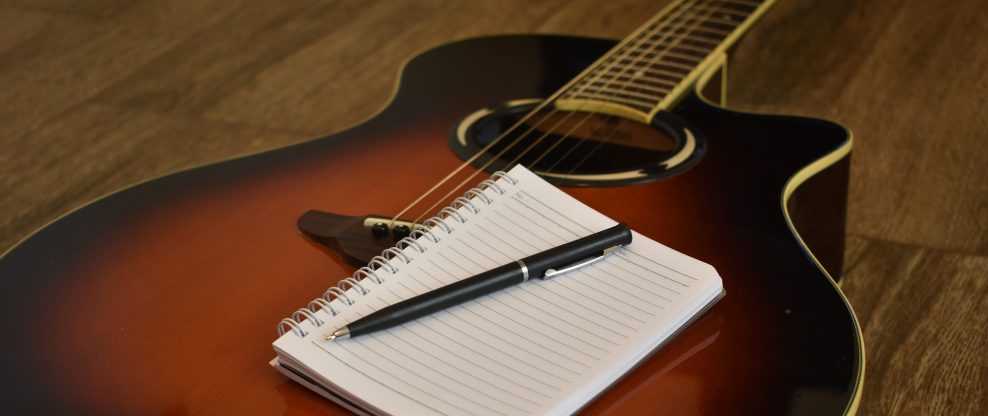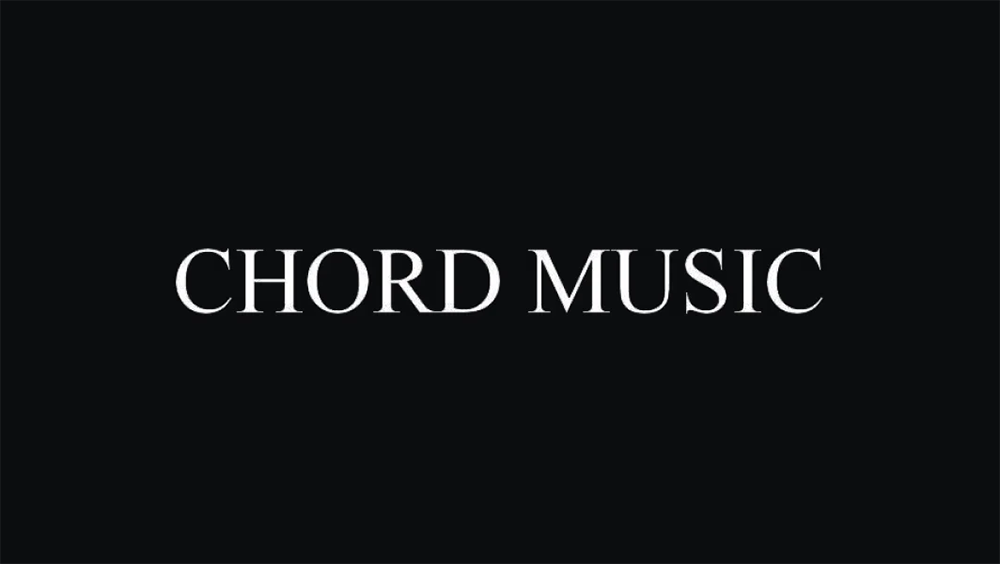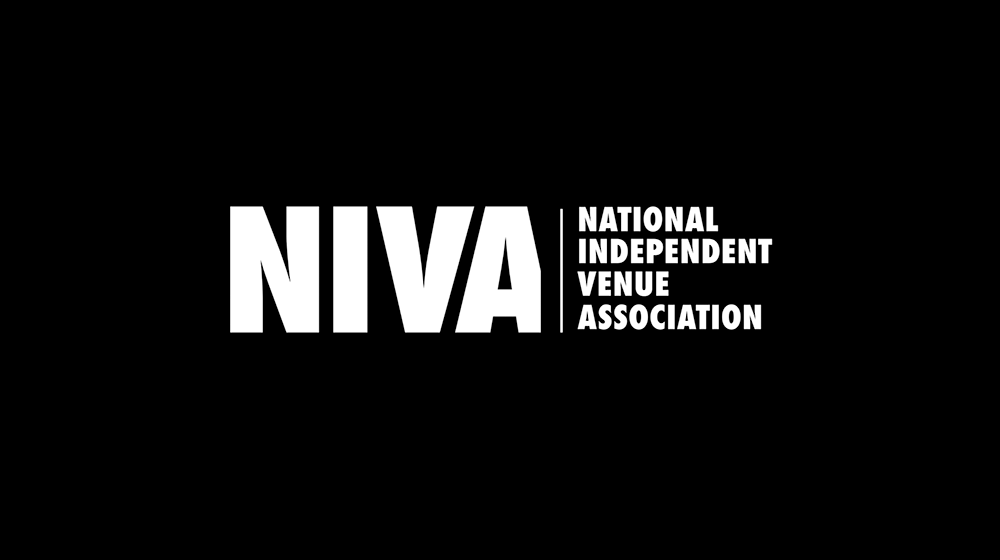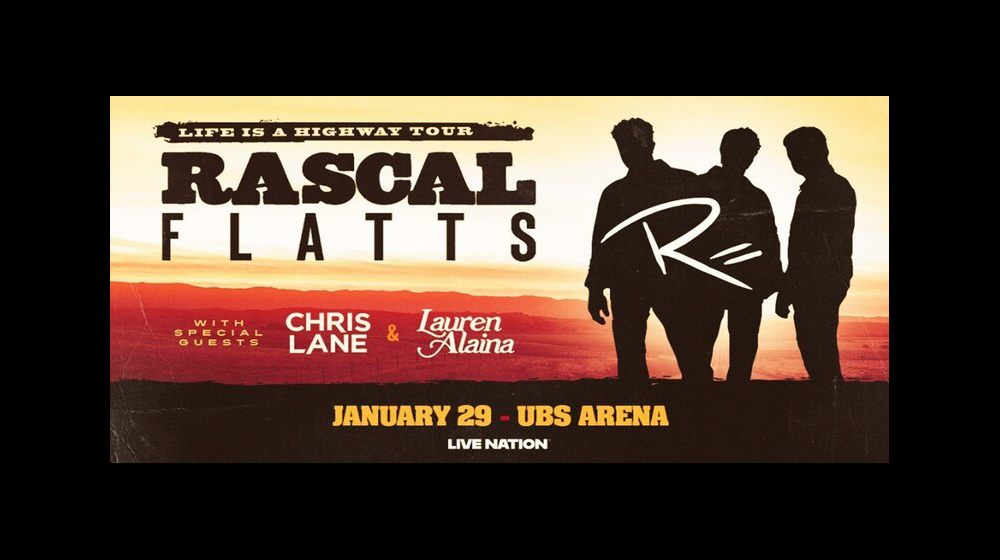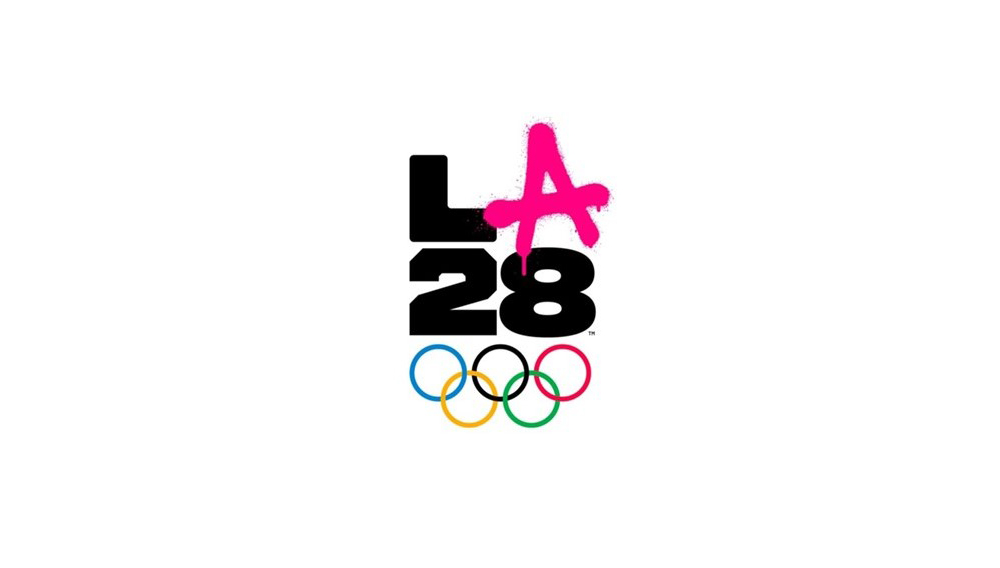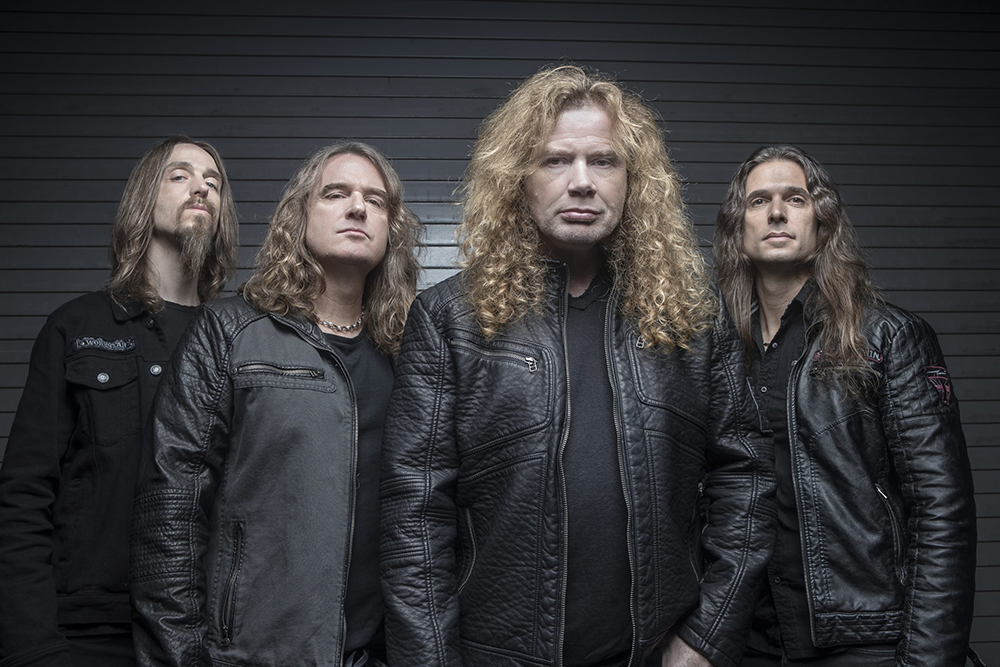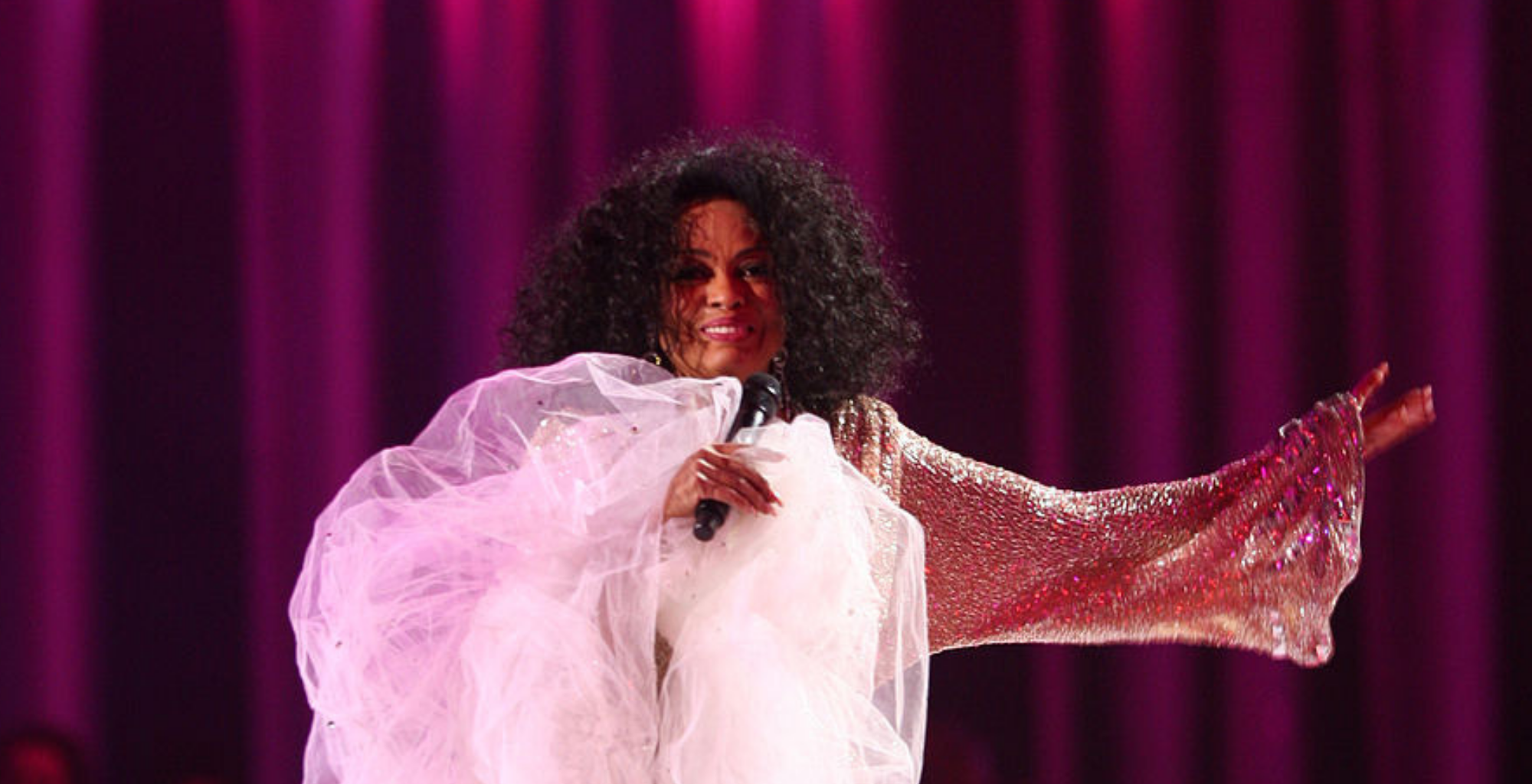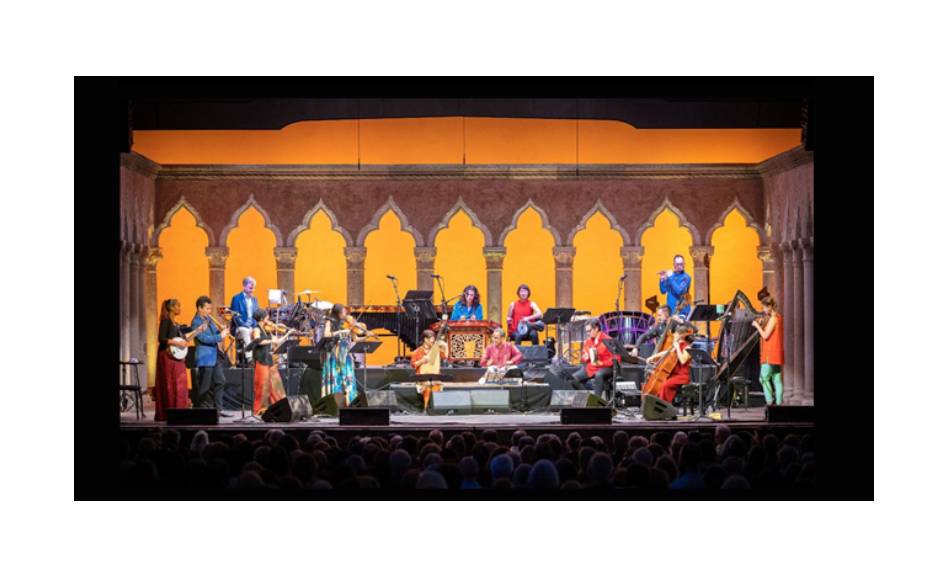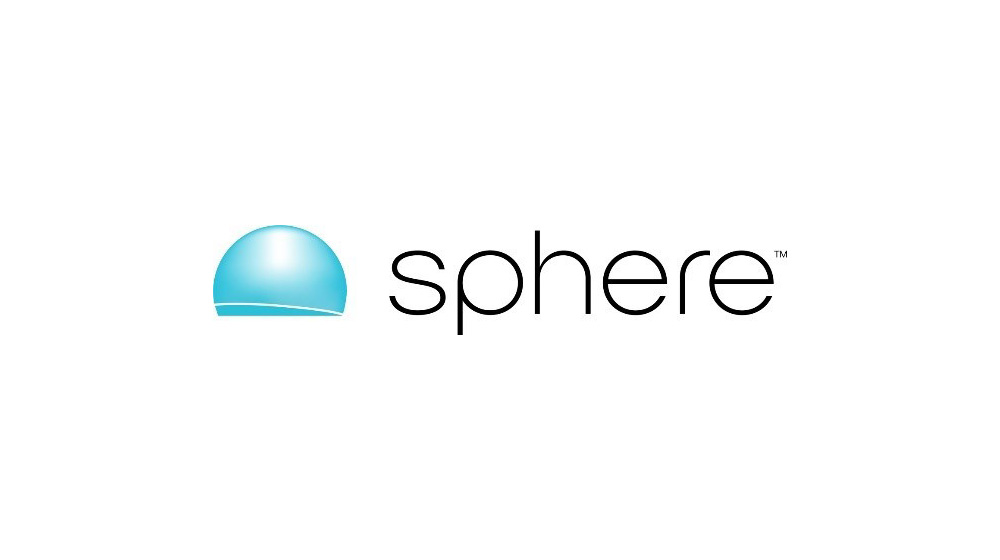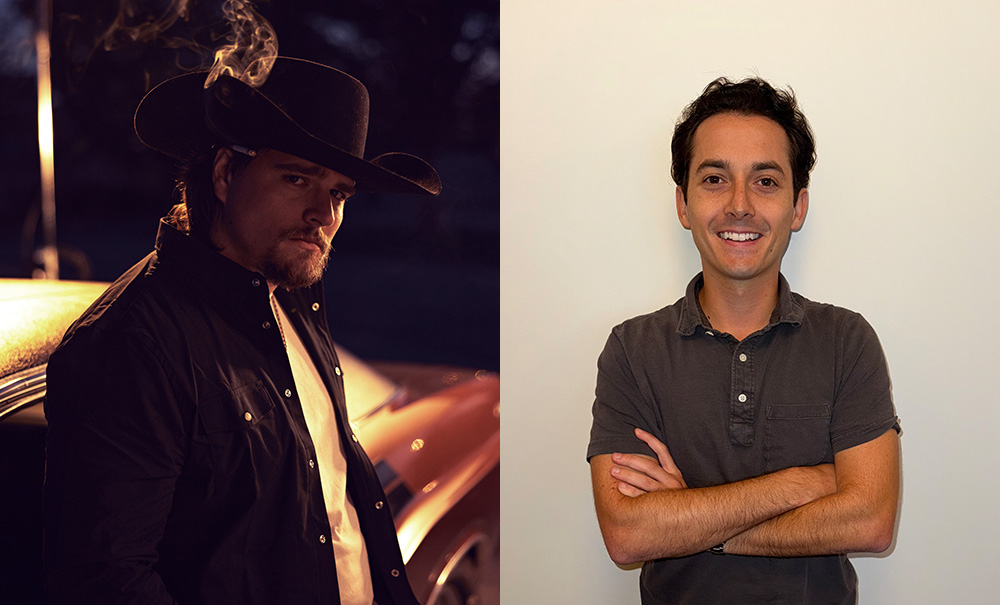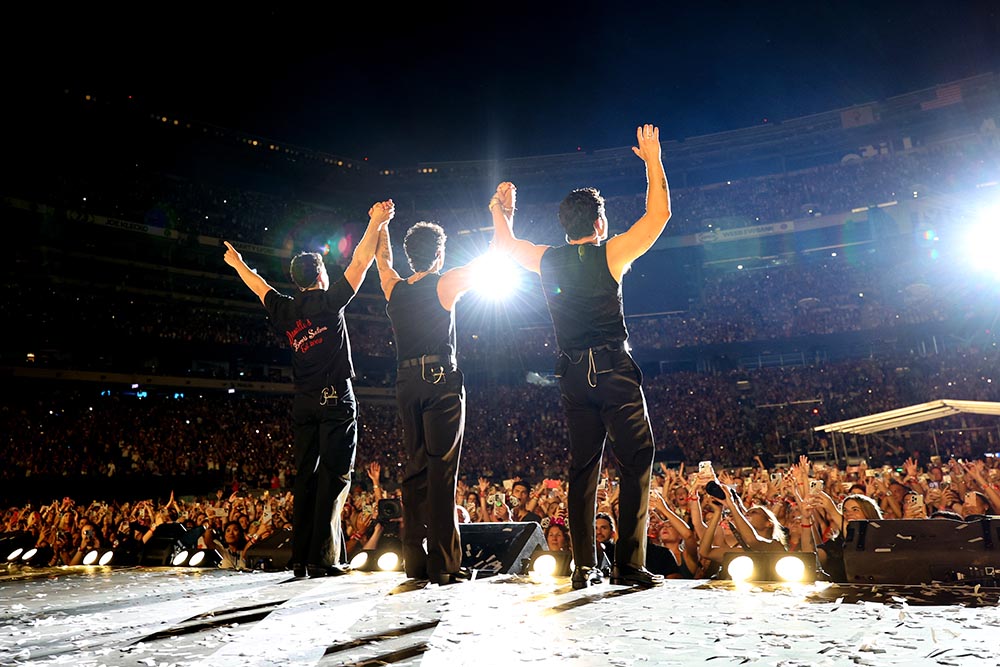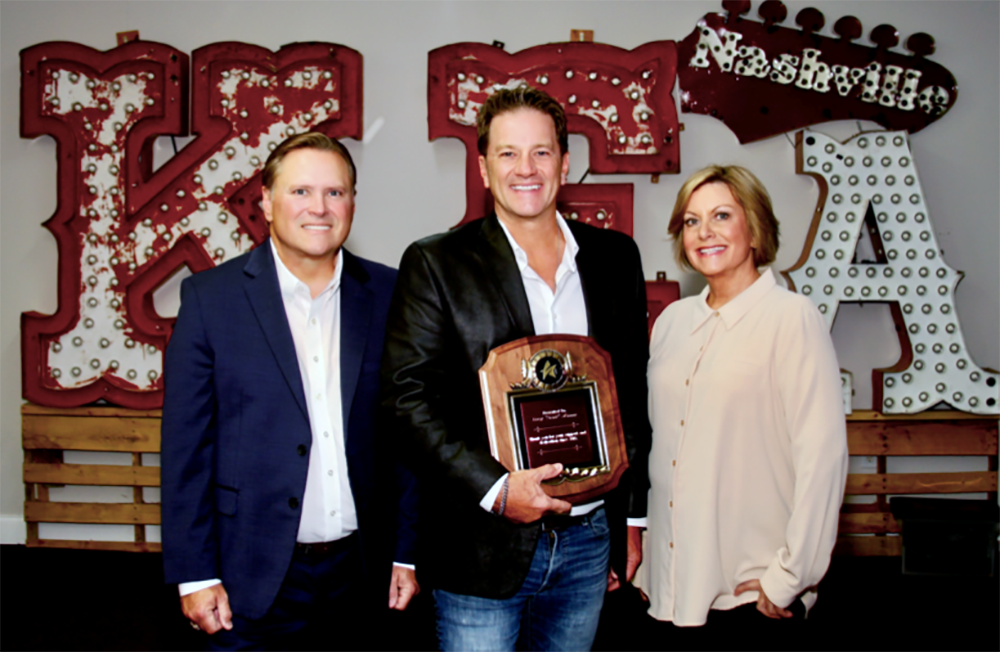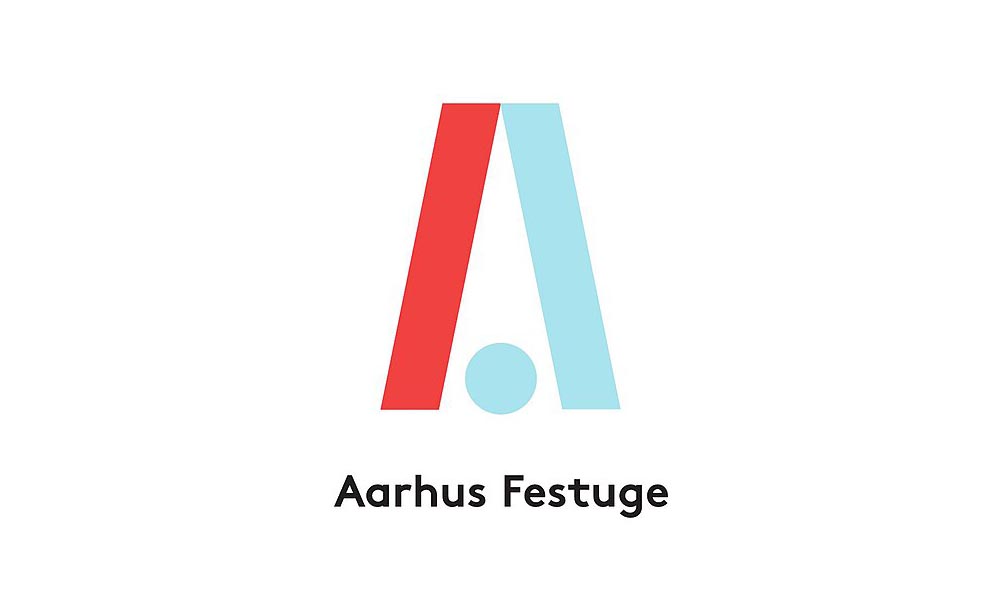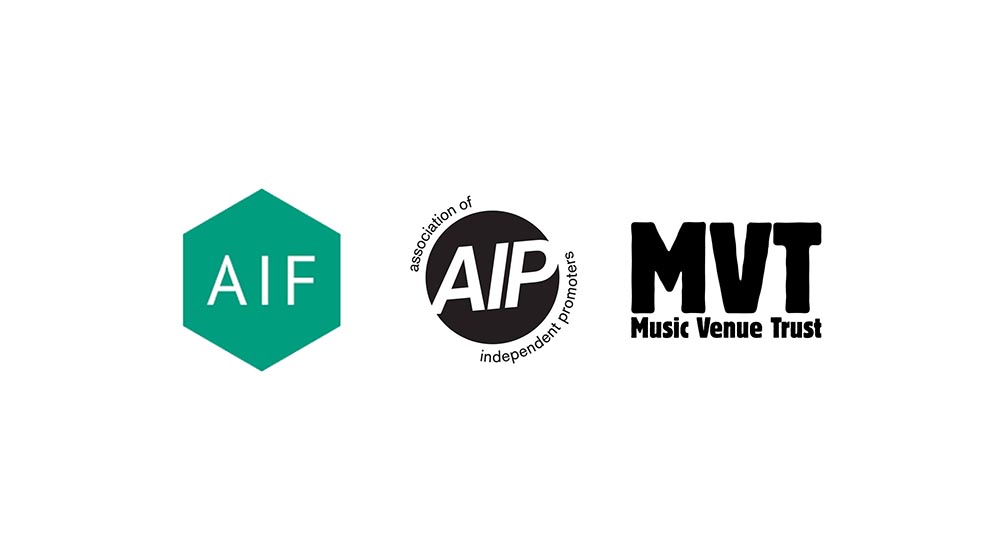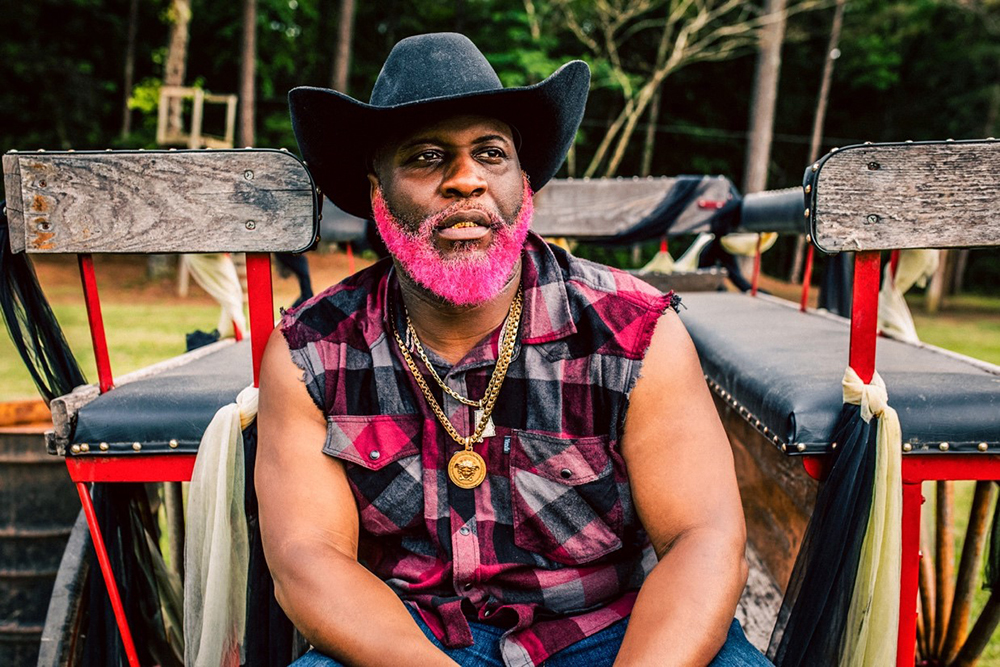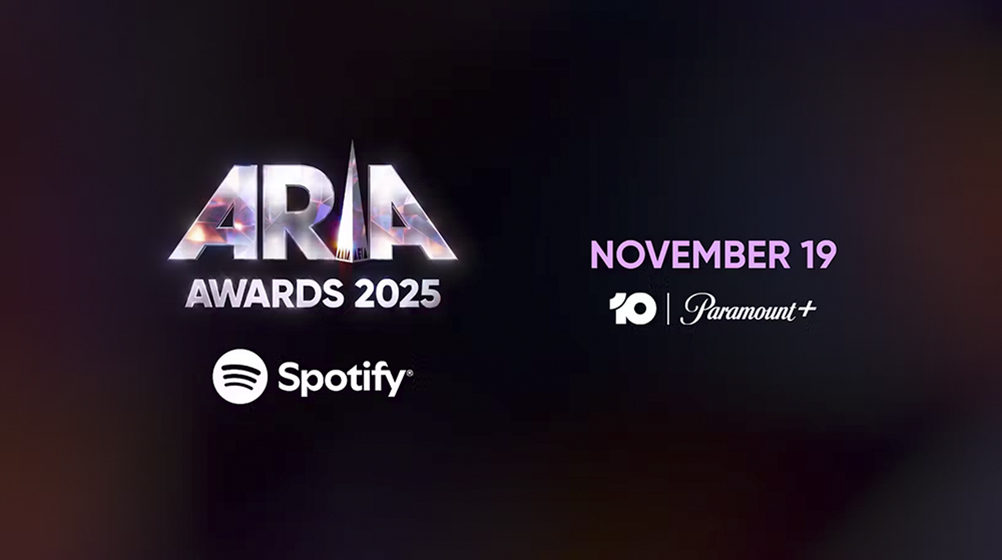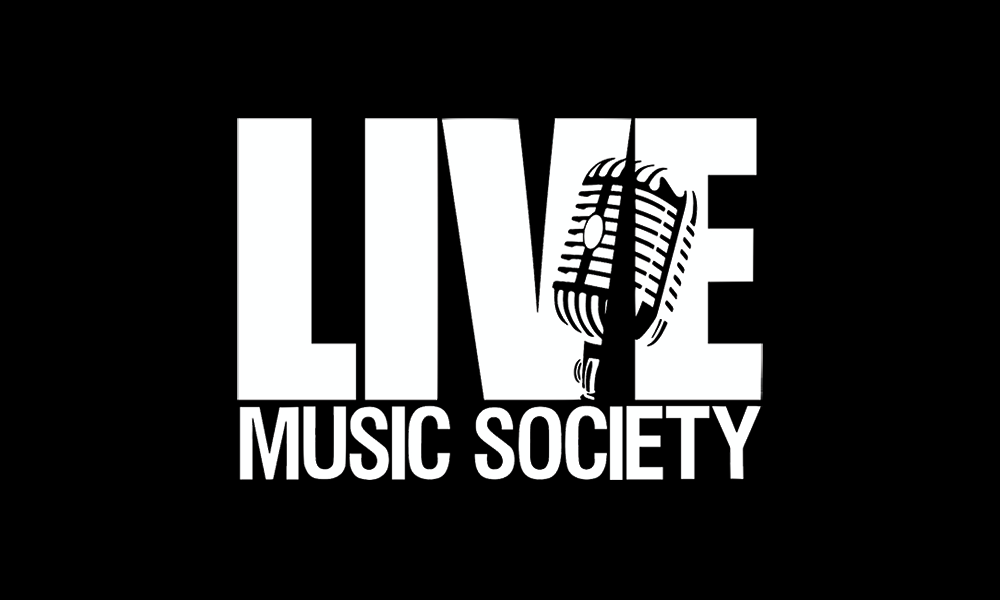(Hypebot) — Don’t miss out on your fair share! Learn how to protect your earnings with a clear understanding of songwriting splits and the essential songwriting split sheet.
from Horus Music
For many songwriters, working out how a song should be split can be a confusing and difficult conversation to have. Many worry that having business conversations about Songwriting splits in the writing room can dampen creativity. People also contemplate if there’s a certain ‘formula’ to working out who gets what %.
Songwriting splits, or ‘Song splits’, relate to how the copyright of a composition is split. It is important to note that there is no right or wrong way of splitting copyright. It ultimately comes down to the personal preference of those involved within the process. No matter where you’re based in the world, you should always formally document the splits.
A written and signed split sheet is recommended so that the correct information is accurately noted by all parties involved. This information would then be uploaded via your PRO database, for example, PRS in the United Kingdom.
It is also advised that the process of working out who owns what % happens in the early stages of creation. At the very least, it should always be fully decided before you leave the last studio or writing session. It is never a good idea to assume that the song will be split equally as everyone can have differing views on their level of contribution.
The use of a split sheet helps to keep things clear and concise when you’re working with various people. It might also be a key factor to ensuring you get your correct royalty payments in the future. Future examples of where a split sheet might come in use include signing off on sync deals and potential copyright disputes.
A songwriting split sheet should include the following:
- The formal name of each songwriter and/or composer
- A physical mailing address for each songwriter and/or compose
- The role of each songwriter and/or composer (for example, music, lyrics, or melody)
- The percentage of the split that each songwriter and/or composer gets (for example, Jane Doe 50% and John Doe 50%)
- CAE / IPI Number of each songwriter and/or composer
- Each songwriter and/or composer’s publishers name and their IPI number (if applicable)
- Date of birth of each songwriter and/or composer
- Signature of each songwriter and/or composer
- The title and length of the song (a temporary ‘working title’ of the song and song length can be added/amended throughout the writing process)
TOP TIP
“If I’ve paid a producer upfront, does this mean that they don’t own a % in the song?”
Sometimes a producer might also contribute to the melody, lyrics or overall composition to the song as part of the writing and recording process. As such, they might be entitled to a percentage of the song’s copyright, depending on their agreement with the artist. Even if they’ve been paid upfront, this doesn’t automatically mean that they don’t then get to own any of the copyright. This would have to be agreed upon mutually between all songwriters and collaborators.
If you’re working with a producer, you should always sign a contract with them to outline the fee they’ve been paid and how much of the copyright they own.
Hopefully the above information has helped you to learn more about the songwriting process (and the do’s and don’ts).
If you have any further questions about song splits and would like to join Horus Music Publishing, get in touch with us today at publishing@horusmusic.global.

